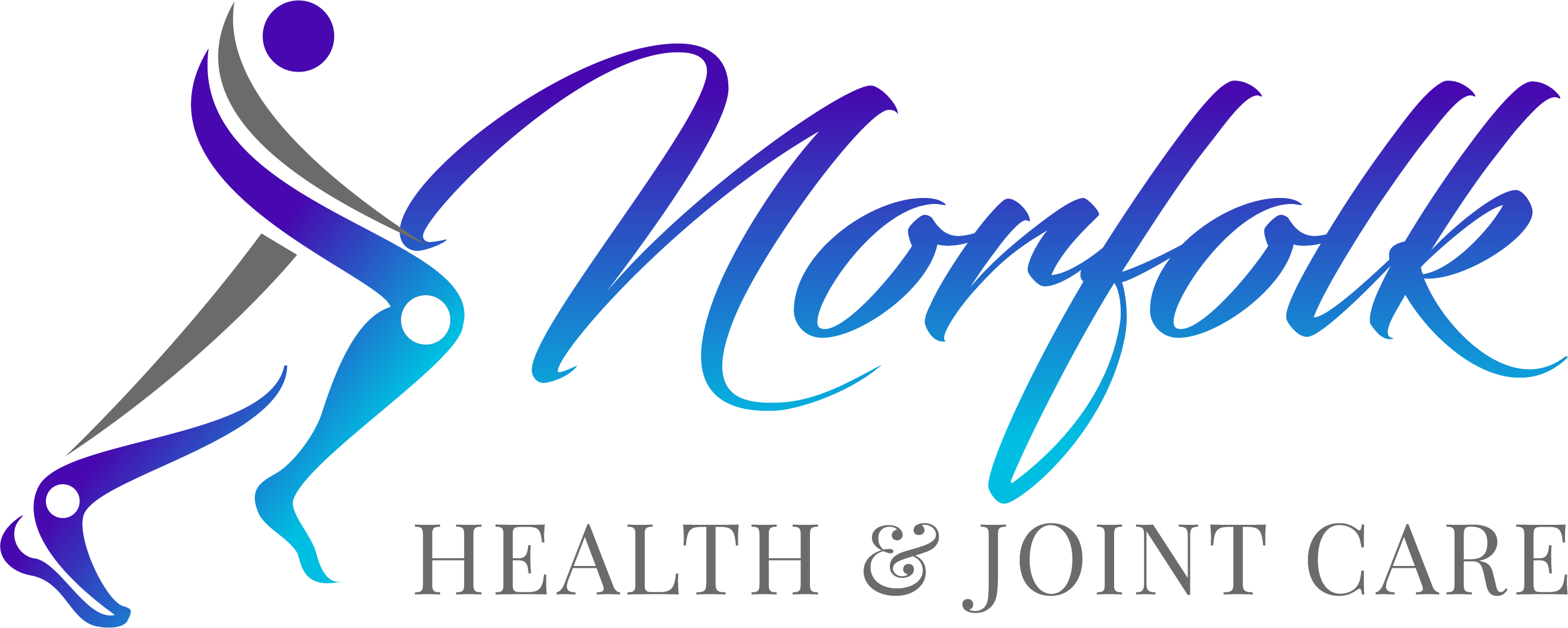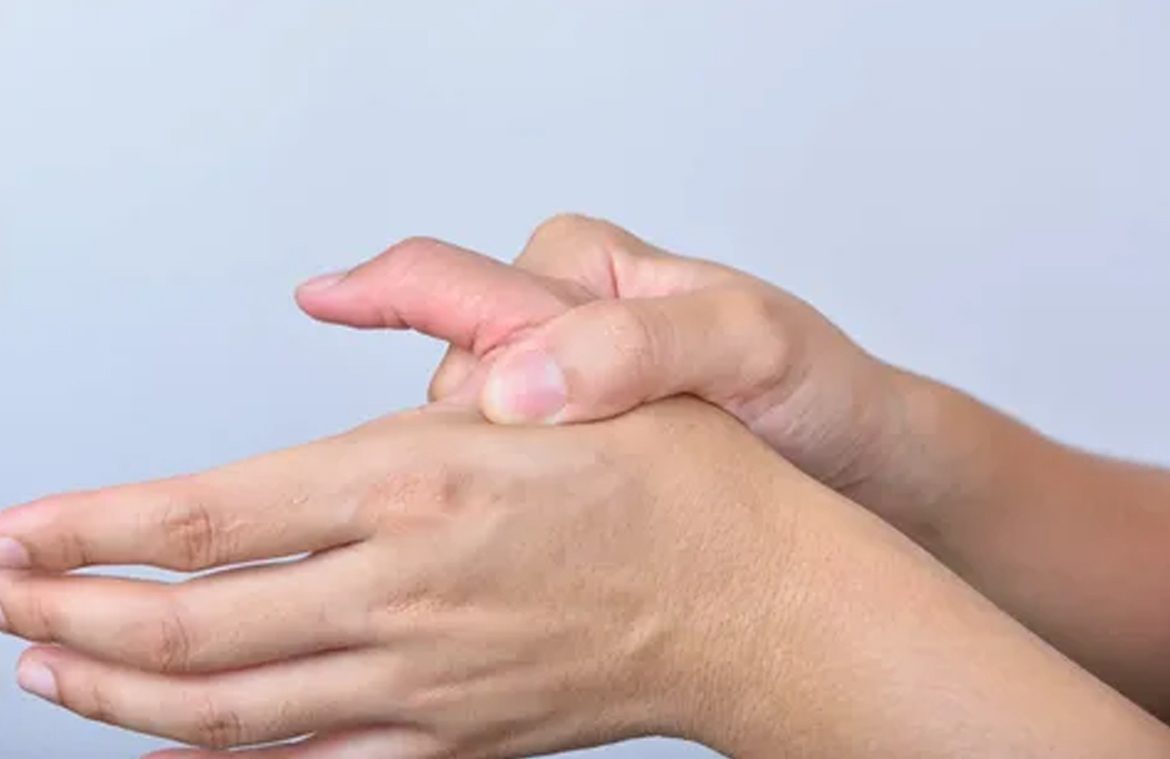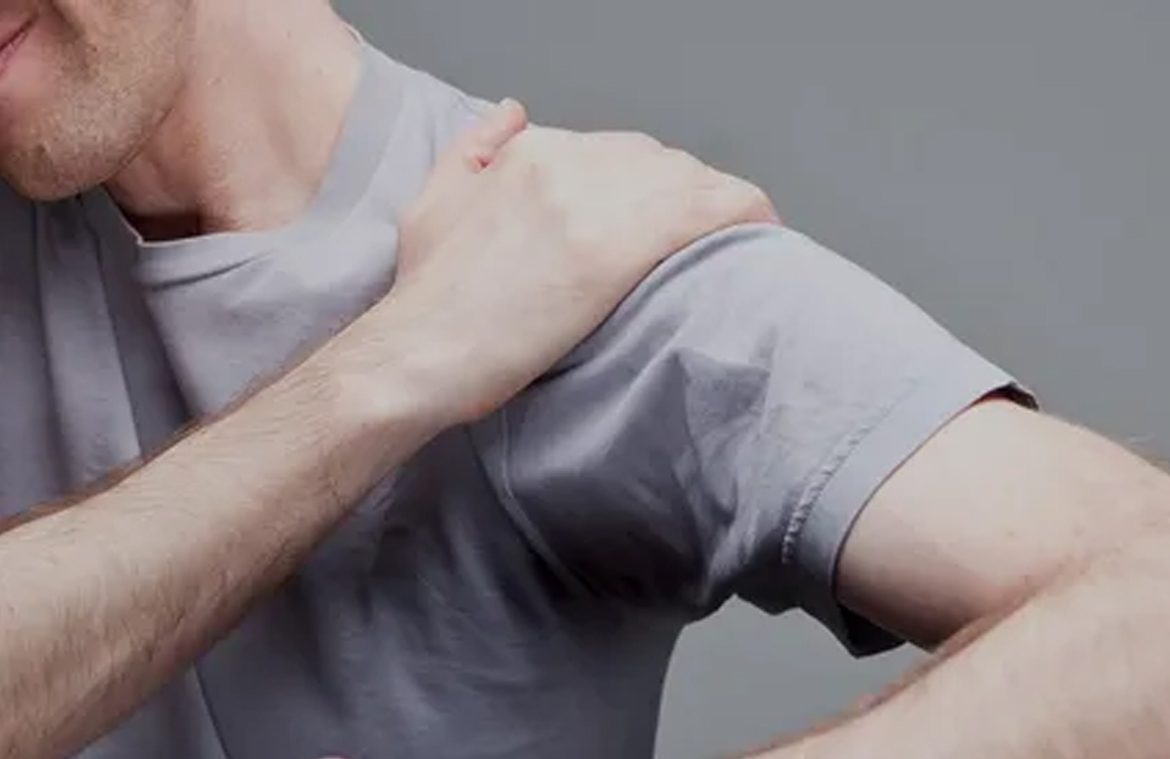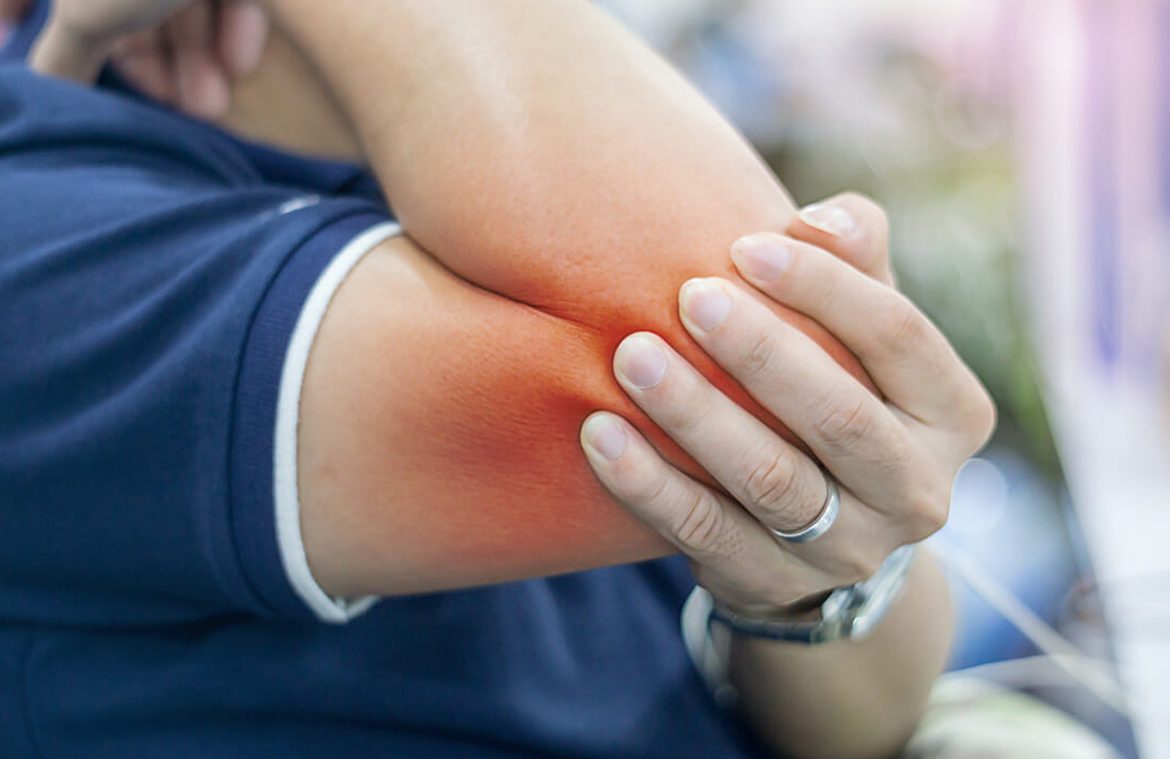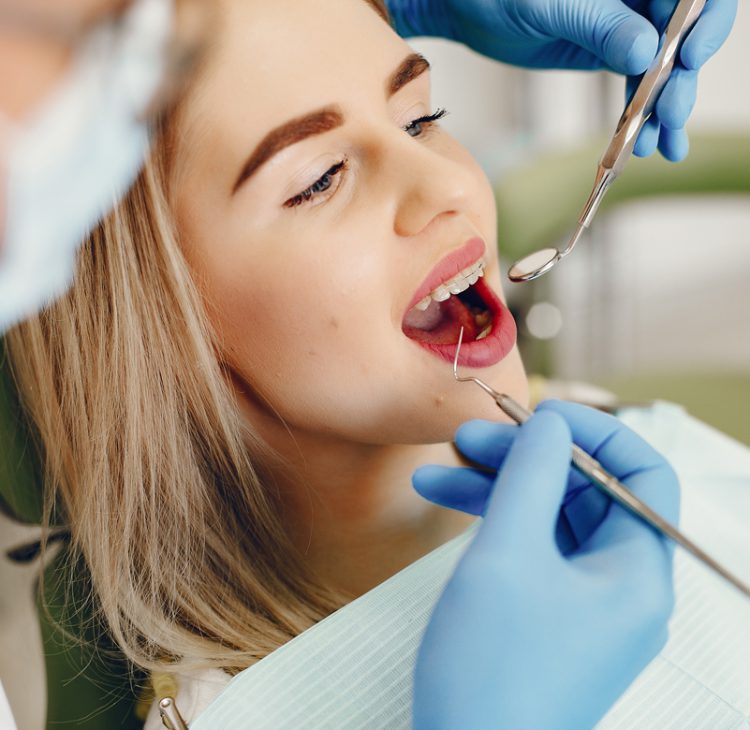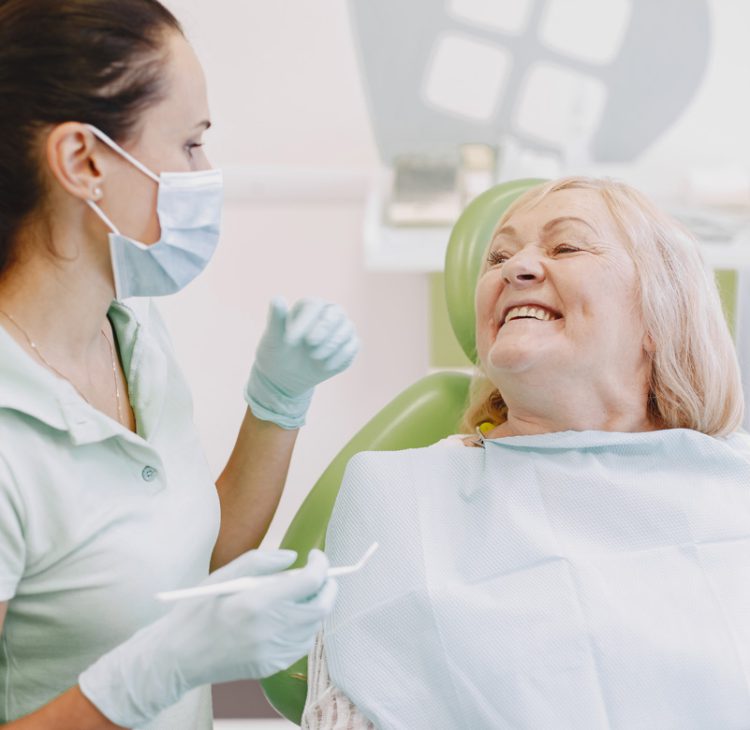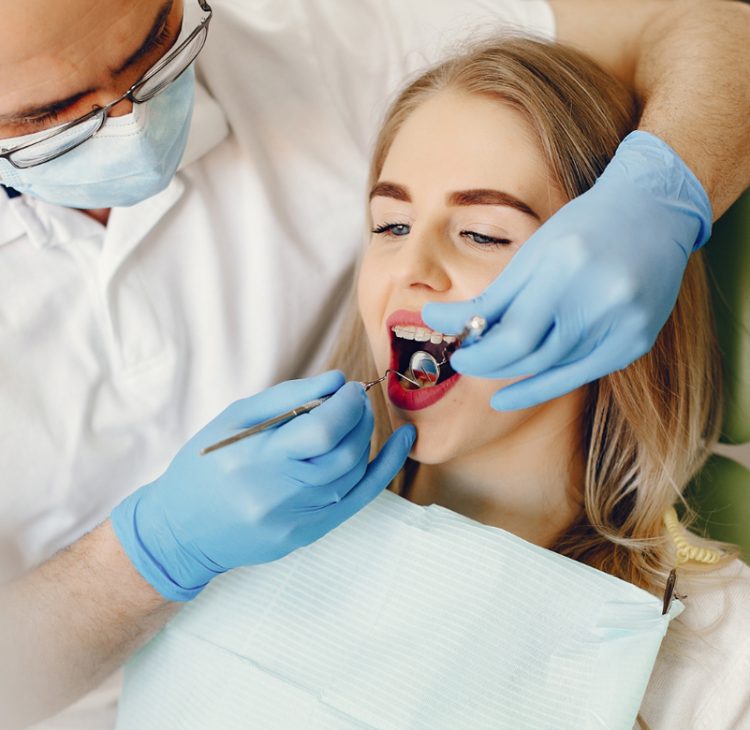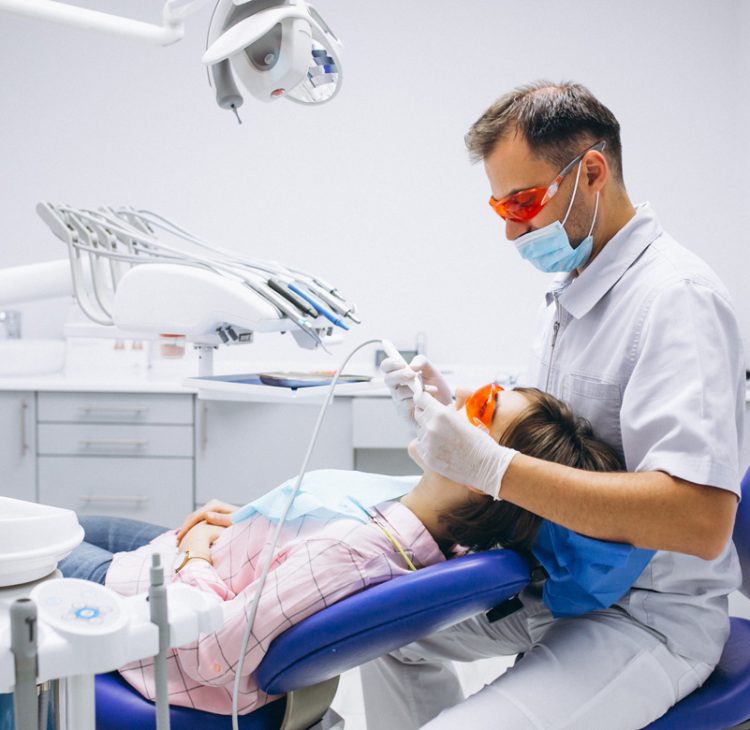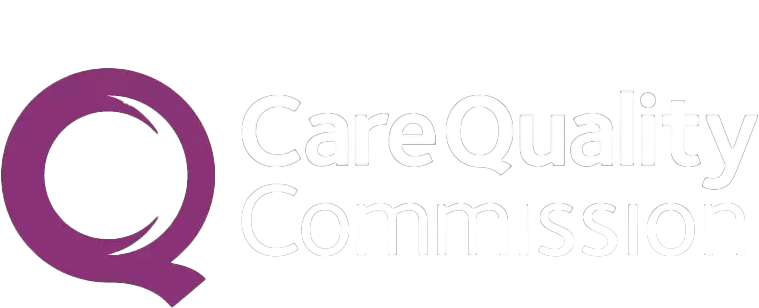
Providing Rapid Access To Reliable And Affordable Healthcare Services
Learn More
Norfolk Health and Joint Care is run by Jon Gardner
Who has a long background in Nursing, completing my MSc in Advanced Practice in 2012, and since working in NHS primary care as an Advanced Nurse Practitioner. Following appropriate training and certification, Jon has been undertaking injections for joint pain Norwich for therapeutic relief for several years in NHS practice for patients with joint pains and tendinopathies. Good results have been seen, with significant improvement in daily functioning and pain. Jon continues to work in NHS primary care, in assessing and treating a wide range of conditions as well as providing theraputic Norfolk joint injections for NHS patients.
Norfolk Health and Joint Care offers an affordable
Waiting lists for GP or hospital clinics for joint injections Norwich can be many weeks or months long. Norfolk Health and Joint Care offers an affordable, rapid access service for treatment with therapeutic injections in knee Norwich for joints and tendinopathies to minimise distress caused by pain and enable a prompt recovery. This is done in a clinic setting in central Norwich, but we are able to offer a service visiting in a patient’s own home for those who have restricted mobility due to their joint pains, Norfolk arthritis, Norwich tennis elbow, carpal tunnel syndrome, and plantar fasciitis at minimal additional cost, where coming into the clinic is not possible.

Benefits
Steroid injections act to relieve inflammation in and around joints. By reducing inflammation, they can help reduce pain and increase mobility in the affected joint or tendon. Corticosteroids (as used in medical practice) are very different to anabolic steroids used by body builders, and will not have the same effect on muscle growth!
Steroid injections may also be called cortisone injections, hydrocortisone injections, steroid joint injections, corticosteroid injection, intra- articular injections or extra- articular injections.
Steroid joint injections can rapidly relieve pain and restricted mobility in and around joints. This works by reducing inflamation which would otherwise be causing pain and limiting use of the joint or tendon. Steroid injections may also be called cortisone injections, hydrocortisone injections, corticosteroid injections, intra-articular injections or extra- articular injections, be reassured these are all the same procedure using interchangeable terms.
Delaying treatment can lead to limitation of work and leisure activities as well as decreased quality of life. Delayed treatment will also lead to increased use of pain killers, which often have significant side effects and increasing tolerance needing ever higher doses. There is also some evidence that long term use of strong pain killers can contribute to dementia and falls. Early treatment of joint pains can reduce the need for pain killers, and minimise any strength or mobility loss.
Norfolk Health & Joint Care are able to offer rapid access to affordable services, without waiting weeks or months for GP or hospital treatment. Contact us today to discuss how we can help you.
Steroid injections can help pain associated with osteoarthritis rheumatoid arthritis tennis or golfers elbow rotator cuff problems carpal tunnel syndrome trigger finger or thumb shoulder impingement frozen shoulder De Quervain tenosynovitis of wrist bursitis of multiple joint areas Norfolk Health & joint Care are able to offer injections for knees hips hands wrists elbows shoulders If we are not able to treat your condition we may be able to make a referral for you to another private provider or ask your GP to referr you for NHS treatment.
Norfolk Health & Joint Care was founded by Jon Gardner in 2023. Jon has a long background in Nursing, completing his MSc in Advanced Practice in 2012. Since this, he has worked in NHS primary care as an Advanced Nurse Practitioner. Following appropriate training and certification, he has been undertaking joint injections for therapeutic relief for several years within NHS practice for patients with joint pains and tendinopathies. This has shown good results, with significant improvement in daily functioning and reductions in pain. Jon continues to work in NHS care, assessing and treating a wide range of conditions as well as providing therapeutic joint injections for NHS patients.
Joint pains may be caused by inflammation of tendons; such as in plantar fasciitis , tennis or golfers elbow, De Quervains (thumb pain) or trigger finger and rotator cuff problems, to name a few; or from changes in the shape of the bones such as in osteoarthritis or rheumatoid arthritis ; or in other joint swelling such as carpal tunnel syndrome which compresses nerves.
Initial treatment is focussed around pain control with analgesia (pain relief) such as paracetamol or ibuprofen, with stronger pain control for those in whom this is necessary. Physiotherapy will often relieve these symptoms by reducing inflammation of tendons, and improving the muscular support of joints.
Norfolk Health & Joint Care offers affordable, rapid access service for further treatment if these measures fail to minimise distress caused by pain and enable a prompt recovery.
Please Read through further pages for more details on therapies offered, or contact for further advice. Treatments will only be offered after consultation, and only where found clinically indicated and mutually agreed after discussion of risks as well as benefits.
What our clients say
Thank you very much for giving me the steroid injection in my shoulder, it has eased the pain 40%, and made my life back to normal.
Dear Jon,
You gave me a steroid jab in my right hand, and I'm delighted to sat it has worked its wonderful magic. Thank you very much.
Jon was brilliant. He had time for me and answered all of my questions and communicated information really well. I feel very reassured after being so worried. Very much appreciate his time.
Many thanks for your kindness and support.
You were really good, attentive and informative.
All good now. Thanks Jon
Life changing
The reduction in pain and increased mobility is very good
At least 85% improvement, they are not waking me in the night with pins & needles anymore

We Are Specialize in Medical Healthcare
Jon Gardner has a lengthy background in Nursing, completing his MSc in Advanced Practice in 2012. He has since worked in NHS primary care as an Advanced Nurse Practitioner. Following appropriate training and certification, and has been undertaking joint steroid injections for therapeutic relief for several years in my NHS practice for patients with joint pains and tendinopathies. He has seen promising results and significant improvement in daily functioning and pain. He continues to work in NHS primary care, assessing and treating various conditions and providing joint steroid injections for NHS patients.
Quality Control System
Lorem ipsum dolor sit amet, consetetur sadipscing elitr, sed diam nonumy
Highly Professional Staff
Lorem ipsum dolor sit amet, consetetur sadipscing elitr, sed diam nonumy
Care Quality Commission Approved

Risks of injections include
Although uncommon, some patients experience an increase in pain lasting from 2-5 days following the injection. Research has shown this to happen in up to 10% of patients. This can typically be managed with rest and cold compress.
This is typically only in the short term, but can lead to a sustained increase in symptoms. This is most commonly seen in carpal tunnel syndrome, although this risk remains less than 0.1%.
is a rare but serious complication. It is to reduce the risks of this that I will advise rest for at least 5-7 days following the procedure, and gradual return to any heavy joint loading following injection.
As with any surgical or medical intervention, there is an increased risk of infection. There is thought to be around a 005%- 0.0002% increased likelihood of septic arthritis. Signs of septic arthritis include a fever, increasingly swollen hot joint and increasing pain. If you find this you should speak to your GP or out of hours clinician for assessment without delay.
This is at site of injection, and can come on in the days or weeks following injection. Although the frequency of occurrences following joint injections is unclear, this is thought to occur in around 0.5% of all cases, and usually spontaneously resolves within one year.
These include feeling flush or faint, allergic reaction, menstrual irregularity, vascular damage, small risk of temporary immunosuppression reducing the immune response against virus & bacteria.
Diabetics may notice a transient rise in their blood glucose in the days following injection and so may need to monitor their levels closely.
This is always a possibility with any medical or surgical intervention. While we see fantastic results, the pains may not resolve, or may return.
Especially if on anticoagulants, which is why I ask for INR to be below 3.0 prior to injection for those on warfarin. Bleeding from the injection site would be stopped before leaving the clinic, but any further bleeding should be stopped with firm pressure for a minute or two and a simple plaster. Haemoarthrosis (bleeding into joint) is found in up to 0.15% of those on blood thinning medication. This risk is lower in patients not taking blood thinning medications.
Benefits
Steroid injections act to relieve inflammation in and around joints. By reducing inflammation, they can help reduce pain and increase mobility in the affected joint or tendon. Corticosteroids (as used in medical practice) are very different to anabolic steroids used by body builders, and will not have the same effect on muscle growth!
Steroid injections may also be called cortisone injections, hydrocortisone injections, steroid joint injections, corticosteroid injection, intra- articular injections or extra- articular injections.
- List Item #1
- List Item #2
- List Item #3
Providing Medical Care For The Sickest In Our Community.
Trigger Finger Trigger Thumb
Frozen Shoulder
What You Can Do with carenow

Hayfever injection has honestly been life changing! Will definitely be booking in every year.
Hayfever can be a debilitating condition, caused by allergic reaction to pollens. The time of year this effects depends on the irritating pollens.
Hayfever can cause watering or swollen eyes, coughing or sneezing, runny nose, itchy throat and fatigue.
Hayfever is best managed with oral antihistamines, eye drops and nasal sprays.
Sometimes, these do not manage symptoms. In these cases an injection of steroid to suppress symptoms. This injection will last around three to six months which will generally manage symptoms enough for people to enjoy their summer again!
Meet Our Doctors
Portfolio
Case Study
Maximus libero ornare
Maximus libero ornare
Maximus libero ornare
Maximus libero ornare
Maximus libero ornare
True Healthcare For Your Family
I have been undertaking steroid joint injections for therapeutic relief for several years in my NHS practice for patients with joint pains and tendinopathies. I have seen good results, with significant improvement in daily functioning and pain.
People with joint problems including arthritis
Have Questions? Get in Touch!
Have Questions? Get in Touch!
Clinics Are Held In Rooms At
- Lionwood Medical Practice Wellesley Avenue North Norwich NR1 4NU









